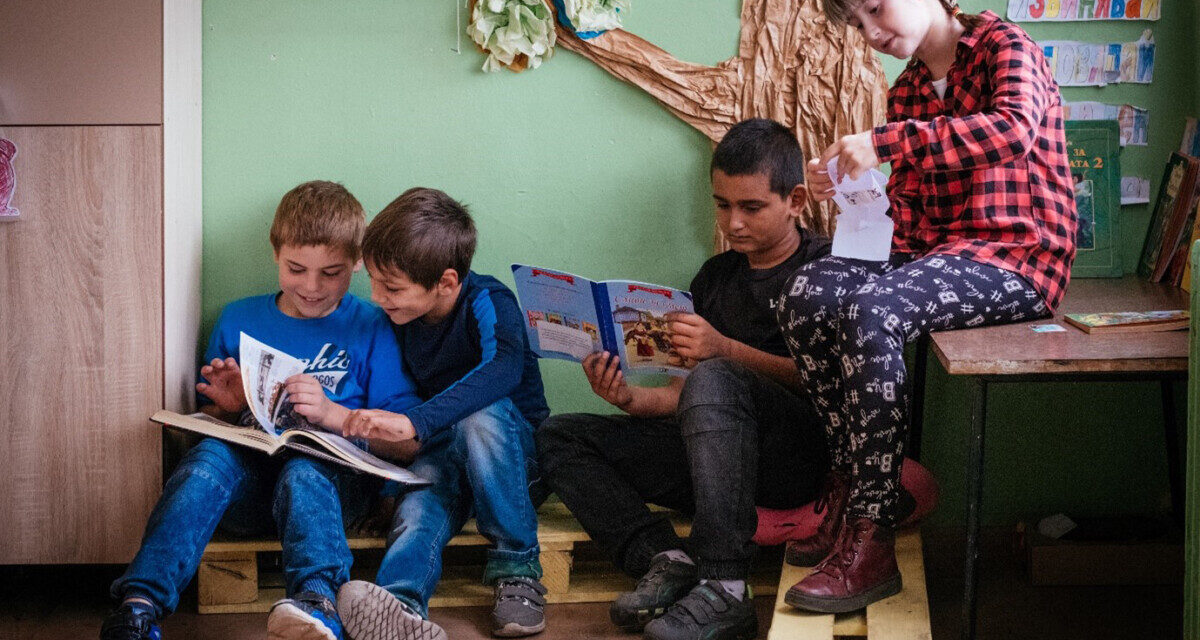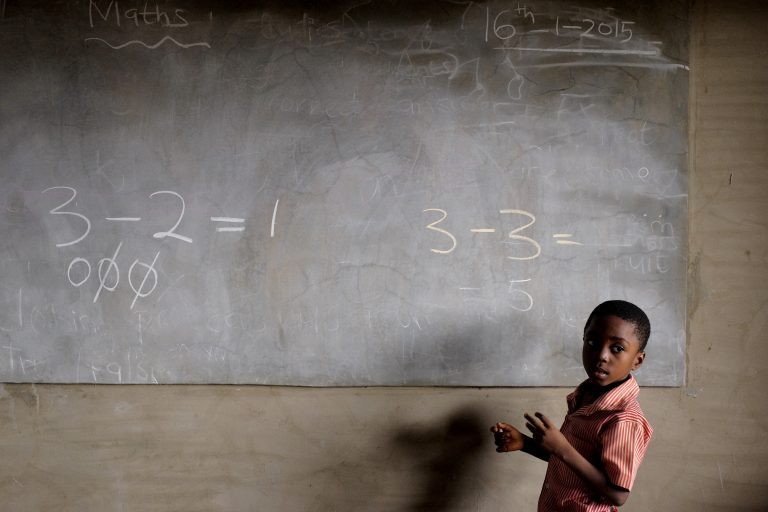This article is authored by a working group of contributors from European partner organisations within the Teach For All global network: Carla Carmon, Empieza por Educar; Monika Georgieva, Teach For Bulgaria; and Astrid Große-Korolczuk, Teach First Deutschland.
The recently-released PISA scores show declining performance among students across many European countries. While some education ministers rush to blame other ministers, students, teachers, or a lack of funding, and some others celebrate themselves for not failing quite like others, the real issue lies much deeper: Our education systems are failing to prepare young people for the world they are entering. We must begin a system-wide conversation around investing in what matters most, shifting to competency-based curriculums, prioritising quality teacher development and support, and aligning the purpose of our education systems around developing students as leaders.
As the world changes rapidly, our students will inherit immense global challenges. We shoulder the responsibility to equip them not solely as passive learners in our classrooms, but as leaders who can build a better future for themselves. Yet many European education systems look remarkably similar to those of past decades. Students sit passively while teachers lecture. Assessments reward rote memorisation over critical thinking, creativity, and problem-solving. Curricula fail to connect academic content to real-world applications. And as the PISA results show, this approach leaves more and more students behind.
However, bright spots exist that demonstrate powerful models where educators empower students and make learning relevant. Across Europe, Teach For All partner organisations are supporting teachers to engage students in analysing real-world issues, leading change in their schools, developing solutions for community challenges, and more. Research shows this student-centred approach boosts academic outcomes alongside life skills like critical thinking, communication, and grit.
We can build education systems where all students develop the skills to shape the futures they want by learning from such models, generating political will for structural improvements, and collaborating across borders. Teach For Bulgaria focuses on training entire school teams – both leadership and teachers – in pedagogy, empowering students with 21st century skills and shifting whole school cultures. In Spain, Empieza Por Educar connects professionals and businesses with classrooms, bringing diverse role models directly into school and exposing students to various careers. This brings migrant and disadvantaged students to a world of possibilities and helps all young people connect academic learning to real-world jobs.
It is also crucial to invest in what matters most. Though funding for education has increased over time across Europe, student performance has declined, as PISA indicates. The reasons for this vary across countries, however, it is crucial that funding aligns to clear student outcomes and that resources are directed to schools and communities with the greatest need. In addition, transparent tracking of expenditures to curriculum, teacher support, and student interventions is needed along with robust evaluation. Funding policies in education should transcend political cycles and factions for sustained, equitable improvement.
We also cannot overlook the most important factors supporting student success beyond the classroom. PISA results revealed that students who were supported at home had more positive attitudes towards school and learning. But, parents working multiple jobs simply lack time to aid learning. Simultaneously, those without higher education backgrounds feel unable to assist with complex concepts. Income should never determine the capability of parents to participate in a child’s education . In Germany, Teach First Deutschland is strengthening ties between migrant parents and teachers through specialised tools and resources, enabling families to better support their children’s education.
The path forward lies in evolving our systems to meet students where they are. We do not think our children are failing, but we are failing our children with the education system that doesn’t prepare them for what today’s world needs. But by coming together across borders and sectors, and directing investments towards empowering models of learning, we can build systems where all students develop the leadership skills to shape the futures they desire. What we need is a collective commitment to the premise that our education systems should keep students at their core and align around the purpose of developing students as leaders.





